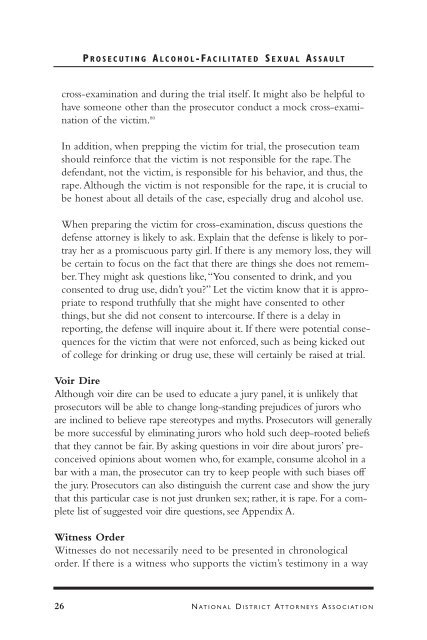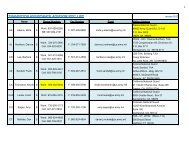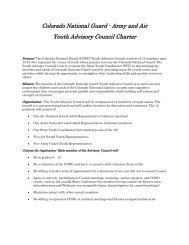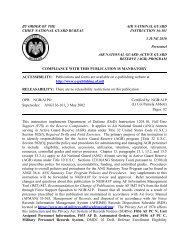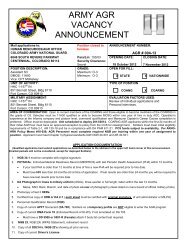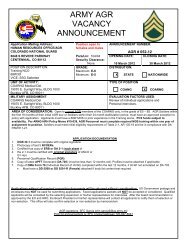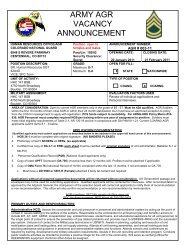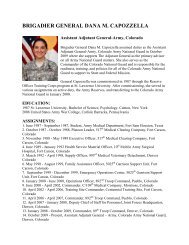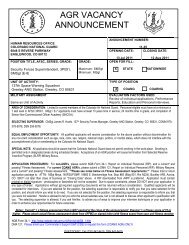Prosecuting Alcohol-Facilitated Sexual Assault - National District ...
Prosecuting Alcohol-Facilitated Sexual Assault - National District ...
Prosecuting Alcohol-Facilitated Sexual Assault - National District ...
You also want an ePaper? Increase the reach of your titles
YUMPU automatically turns print PDFs into web optimized ePapers that Google loves.
P R OSECUTING A LCOHOL-FACILITATED S EXUAL A SSAULT<br />
cross-examination and during the trial itself. It might also be helpful to<br />
have someone other than the prosecutor conduct a mock cross-examination<br />
of the victim. 80<br />
In addition, when prepping the victim for trial, the prosecution team<br />
should reinforce that the victim is not responsible for the rape.The<br />
defendant, not the victim, is responsible for his behavior, and thus, the<br />
rape. Although the victim is not responsible for the rape, it is crucial to<br />
be honest about all details of the case, especially drug and alcohol use.<br />
When preparing the victim for cross-examination, discuss questions the<br />
defense attorney is likely to ask. Explain that the defense is likely to portray<br />
her as a promiscuous party girl. If there is any memory loss, they will<br />
be certain to focus on the fact that there are things she does not remember.They<br />
might ask questions like,“You consented to drink, and you<br />
consented to drug use, didn’t you?” Let the victim know that it is appropriate<br />
to respond truthfully that she might have consented to other<br />
things, but she did not consent to intercourse. If there is a delay in<br />
reporting, the defense will inquire about it. If there were potential consequences<br />
for the victim that were not enforced, such as being kicked out<br />
of college for drinking or drug use, these will certainly be raised at trial.<br />
Voir Dire<br />
Although voir dire can be used to educate a jury panel, it is unlikely that<br />
prosecutors will be able to change long-standing prejudices of jurors who<br />
are inclined to believe rape stereotypes and myths. Prosecutors will generally<br />
be more successful by eliminating jurors who hold such deep-rooted beliefs<br />
that they cannot be fair. By asking questions in voir dire about jurors’ preconceived<br />
opinions about women who, for example, consume alcohol in a<br />
bar with a man, the prosecutor can try to keep people with such biases off<br />
the jury. Prosecutors can also distinguish the current case and show the jury<br />
that this particular case is not just drunken sex; rather, it is rape. For a complete<br />
list of suggested voir dire questions, see Appendix A.<br />
Witness Order<br />
Witnesses do not necessarily need to be presented in chronological<br />
order. If there is a witness who supports the victim’s testimony in a way<br />
26 N ATIONAL D ISTRICT ATTORNEYS A SSOCIATION


